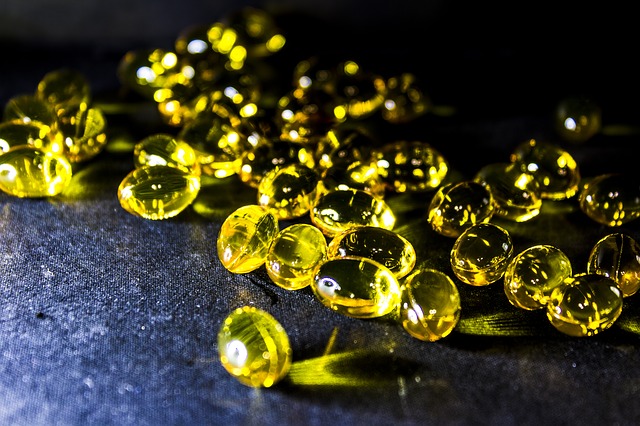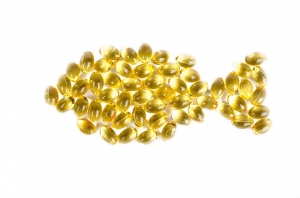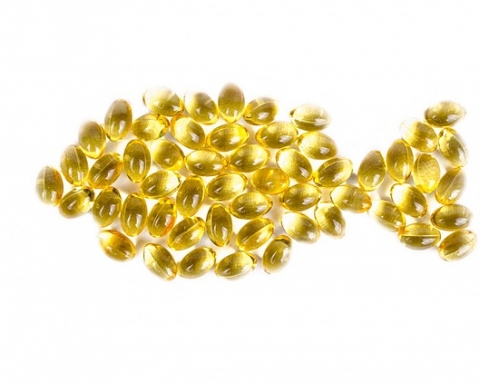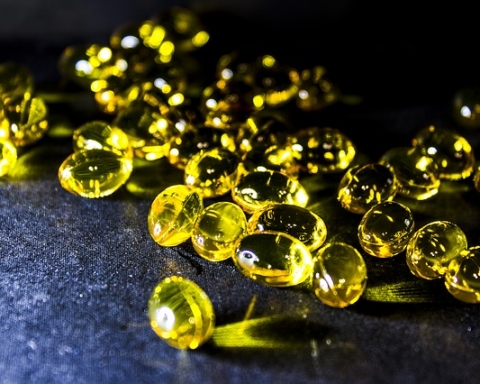Every nursing mother is concerned about what sort of foods she can eat and whether or not she should add any supplements to her diet. There is a lot of information about these issues, but it is sometimes contradictory. So, what should mothers do? A group of French researchers from four
Read MoreSome nursing mothers consume fish oil while breastfeeding their babies. However, a maternal diet rich in polyunsaturated fatty acids during lactation can have long-term detrimental effects on the height and blood pressure
Every nursing mother is concerned about what sort of foods she can eat and whether or not she should add any supplements to her diet. There is a lot of information about these




